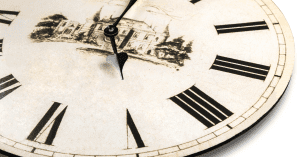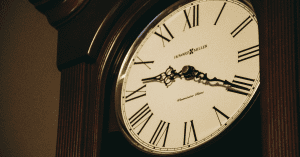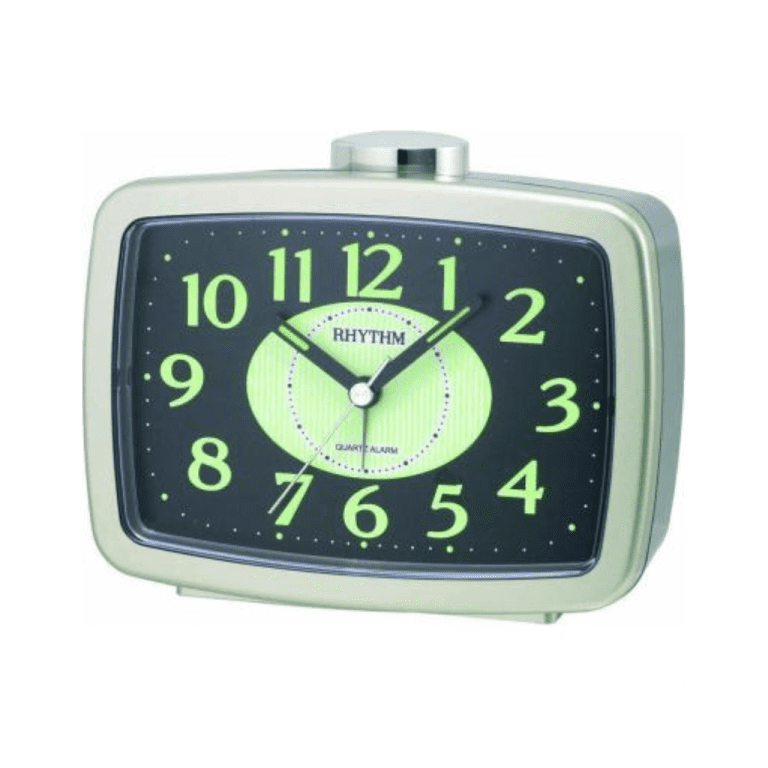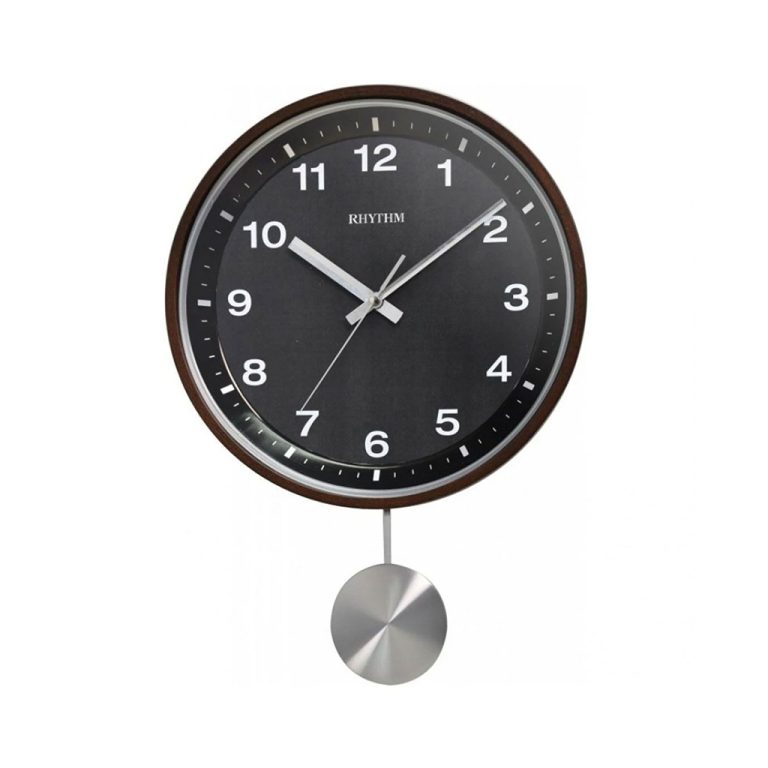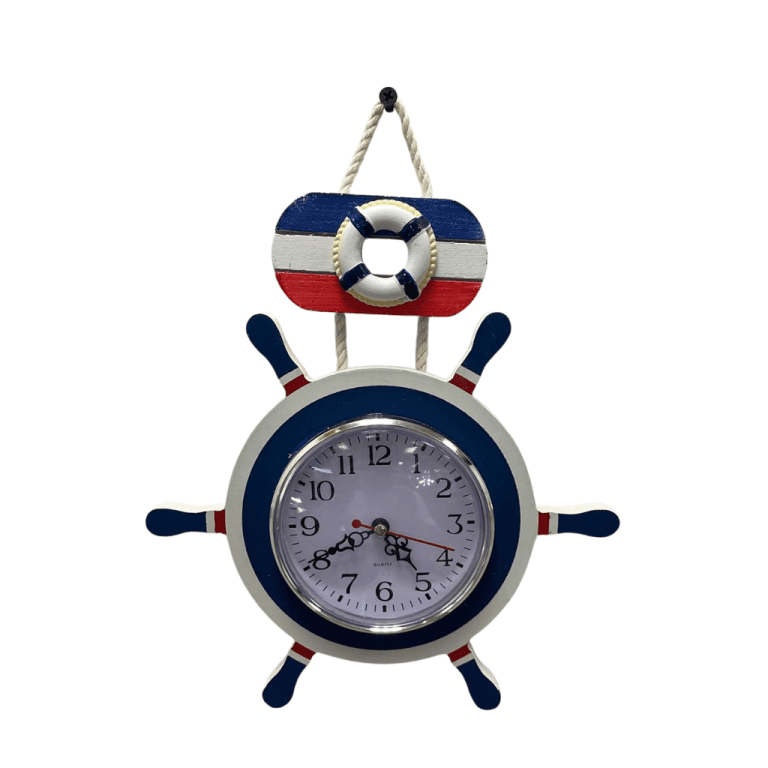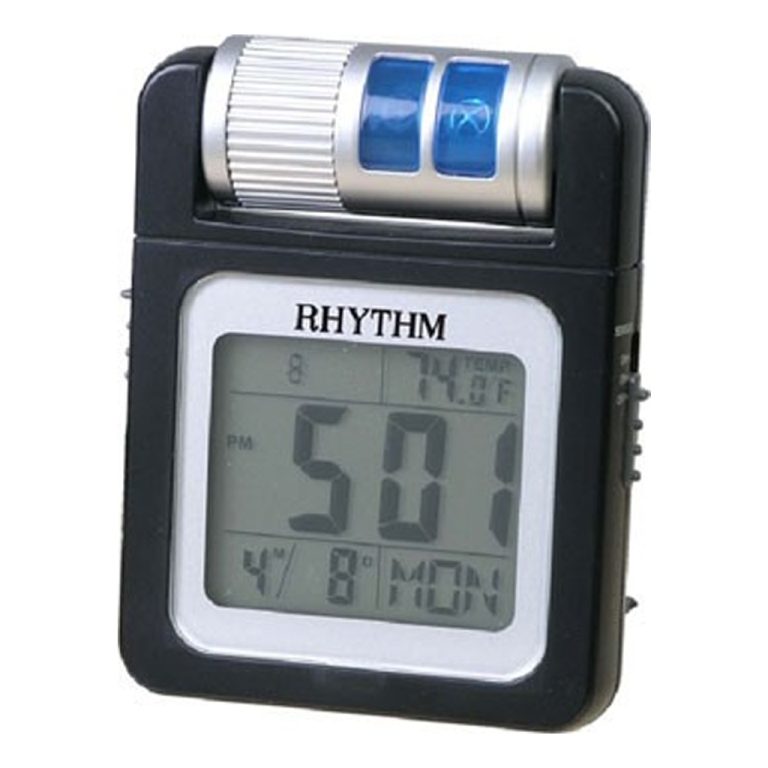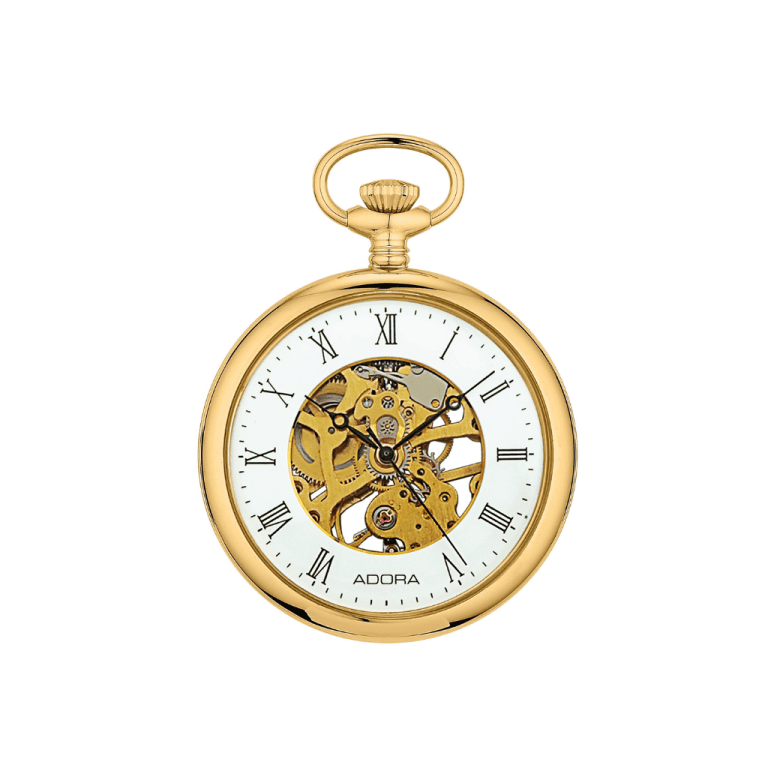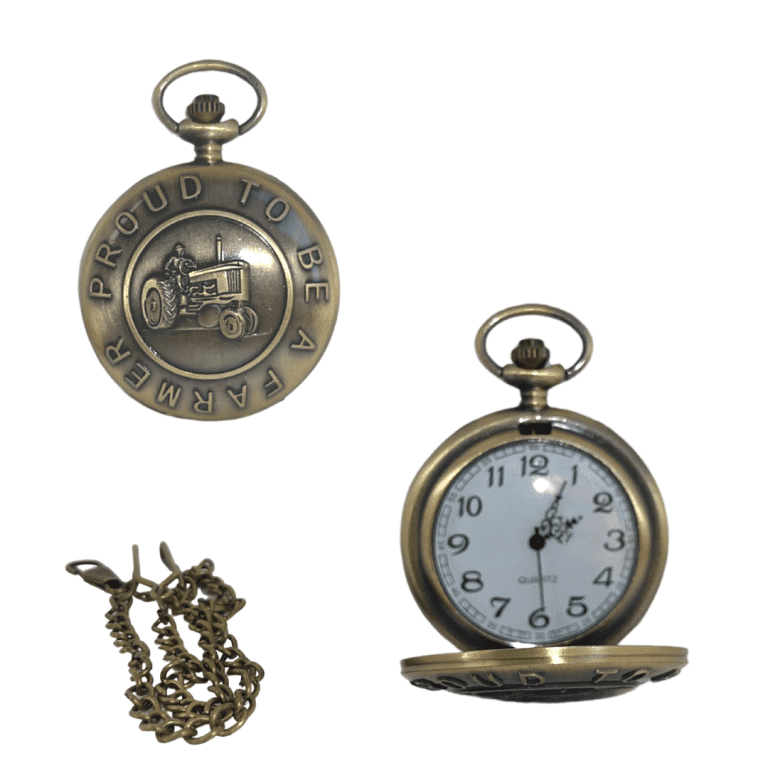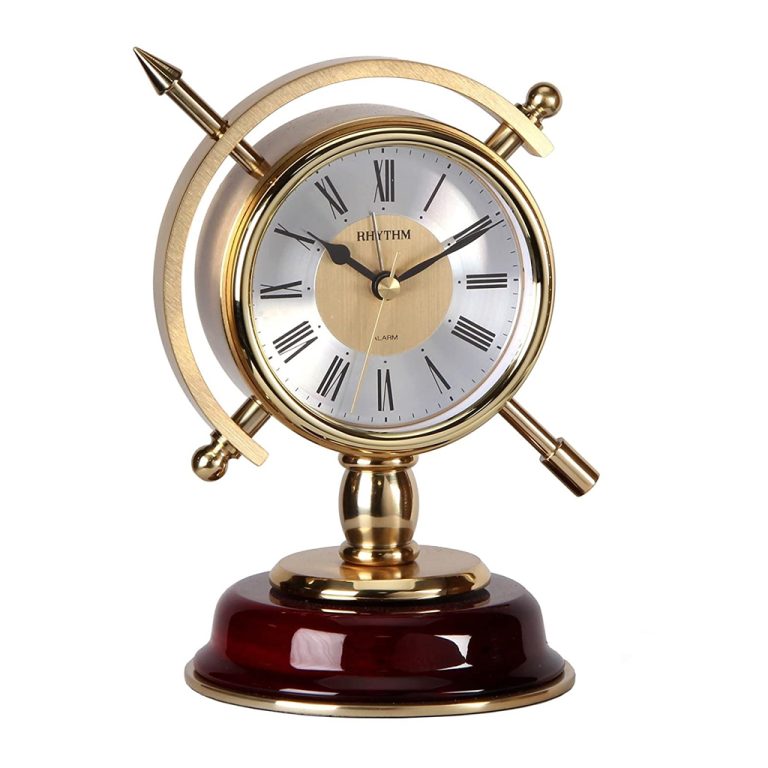Clocks are more than simple tools for telling time; they are symbols of human progress, precision, and the desire to bring order to our lives. From the earliest sundials to the modern atomic clock, the evolution of clocks tells the story of civilization’s growth and our endless pursuit of accuracy.
The greatness of clocks begins with their ability to structure our world. Before mechanical timekeeping, people relied on natural cues like the rising sun or changing seasons. While useful, these were imprecise and inconsistent. The invention of the clock allowed communities to synchronize their lives, enabling people to meet at specific times, organize work hours, and even plan travel. Without clocks, modern society, with its schools, trains, airplanes, and global communication, would not function with the efficiency we often take for granted.
Clocks are also marvels of craftsmanship. Early mechanical clocks, developed in Europe during the Middle Ages, were not only practical but also works of art. Tower clocks in town squares, such as those in Prague and London, became cultural landmarks. Their careful gears, pendulums, and intricate designs demonstrated the skill of engineers and artisans. These timepieces were built to last centuries, and many still keep time today, reminding us of the brilliance of their makers.
Another aspect of their greatness lies in the way clocks push the boundaries of science. The pendulum clock, invented by Christiaan Huygens in the 17th century, drastically improved accuracy and opened new possibilities for navigation at sea. Later, marine chronometers allowed sailors to determine longitude, revolutionizing exploration and global trade. Today, atomic clocks measure time with such precision that they help regulate GPS systems, international banking, and even scientific research on space and relativity.
Beyond their practical use, clocks have deep cultural and symbolic meaning. They represent the passage of time, reminding us of life’s precious moments and the importance of using time wisely. A clock on a mantelpiece or a watch on someone’s wrist is not just a device but often a family heirloom, carrying history across generations. In literature and art, clocks often symbolize change, mortality, and the rhythm of existence itself.
Clocks also reflect beauty and creativity. From the cuckoo clock of Germany’s Black Forest to the sleek digital watches of today, each design tells a story of culture and innovation. They are expressions of both functionality and artistry, blending technology with aesthetic appeal.
In conclusion, the greatness of clocks lies not only in their role as timekeepers but also in their contribution to human history, science, and culture. They remind us of the value of every second, inspire innovation, and stand as enduring symbols of precision and order. A clock is far more than an object on the wall,it is a quiet but powerful reminder of how humanity measures, organizes, and cherishes time.


